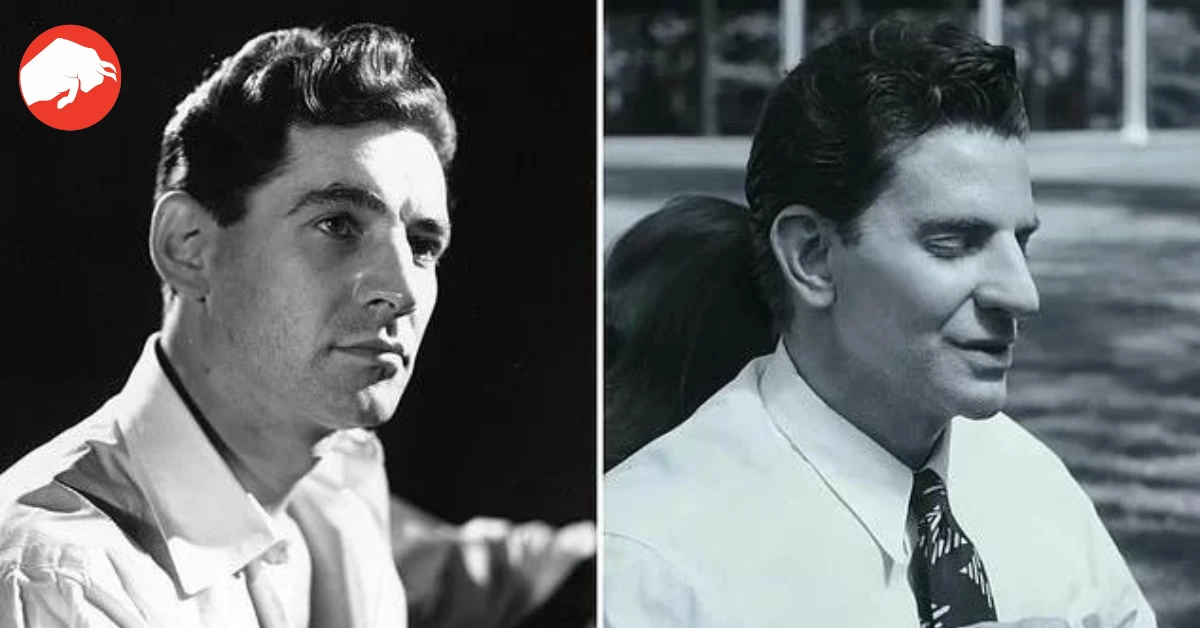Oscar-Winning Makeup Artist Addresses ‘Maestro’ Nose Backlash
Bradley Cooper’s transformation in his latest film, ‘Maestro’, hasn’t gone unnoticed. His character’s nose, specifically, has sparked significant conversation, drawing both criticism and defenses from various quarters. At the heart of the matter is two-time Oscar-winning makeup artist Kazu Hiro, the creative force behind Cooper’s look for the film.
Kazu Hiro’s Unexpected Controversy
Kazu Hiro, a revered name in the world of film makeup, found himself amidst a storm of feedback. Responding to the controversy, he expressed, “I was not expecting that to happen. I feel sorry that I hurt some people’s feelings.” His remorseful tone reflected the depth of the sentiments involved.
Detailing the creation process, Kazu told Dailymail, “The outcome in the movie came after a lot of considerations, and we tested several different looks before finalizing this one. We wanted to respect the look too.”
Community’s Mixed Reactions to Cooper’s Nose
Following the release of the movie’s trailer, the Jewish community had starkly divided opinions. Many accused Cooper of resorting to Jewface for his portrayal. Yet, amidst the criticisms, there were voices of support, notably from the Bernstein family. They passionately defended Cooper’s portrayal, emphasizing that “Bradley Cooper included us along every step of his amazing journey as he made his film about our father.” They considered the criticism to be nothing more than an “annoying distraction.”
‘Maestro’ Premieres Amidst Tensions
As the spotlight awaits ‘Maestro’, set to premiere tonight in Venice, Bradley Cooper faces challenges beyond just movie criticisms. As the actor, director, writer, and producer of this Netflix project, Cooper is entangled in the current SAG-AFTRA strike. This strike has put constraints on actors, preventing them from promoting their works, including Cooper, who had to tread carefully to avoid violating the SAG-AFTRA strike rules.
Bradley Cooper’s journey with ‘Maestro’ undoubtedly encapsulates the complexities of creative decision-making and navigating external pressures. As audiences prepare to embrace the film, the hope remains that the art will transcend the controversies.









